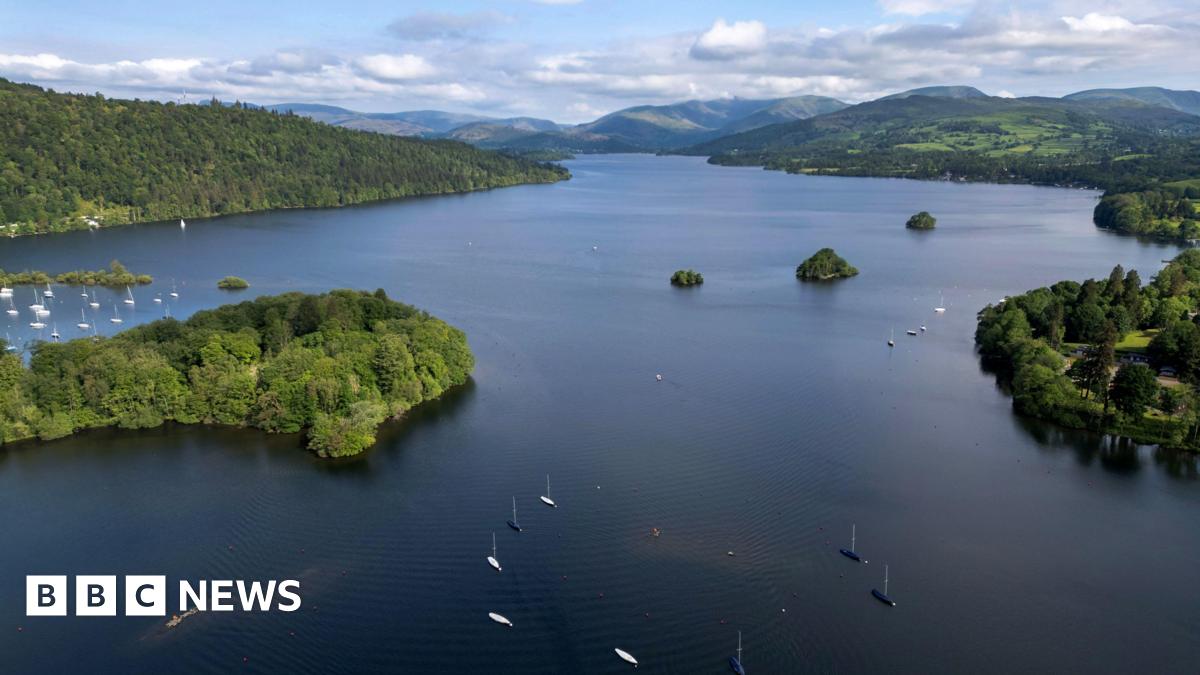It said there was “a lot of damage to undo”.
The Freshwater Biological Association (FBA), which co-ordinated the citizen science project with the University of Lancaster, said the elevated concentrations of E.coli and IE in summer were “particularly concerning as they indicate an increased risk of gastro-intestinal illness if water is ingested”.
Simon Johnson, the FBA’s executive director, said: “When you see a place you love so much, that is so important, when the water quality of that place is below what I think society expects and demands, then that’s really concerning.”
He said Windermere was one of the world’s most famous lakes and if the issues could not be solved there, it did not bode well for the future of other equally important but less famous sites in the Lake District.
“Its scientific, ecological, cultural importance, whether you are an artist, a poet, wild swimmer, motorboat owner, it’s just intertwined in the whole kind of social and ecological fabric of the Lake District,” he added.
“If we can’t get this right on Windermere, where are we going to do it?”
The findings show much of the lake’s shoreline in the north-west, north-east and south-west areas in summer were only consistent with standards for “poor” bathing water quality.
But the data shows overall Windermere’s levels of bacteria have a “good” water quality rating through spring, autumn and winter.

